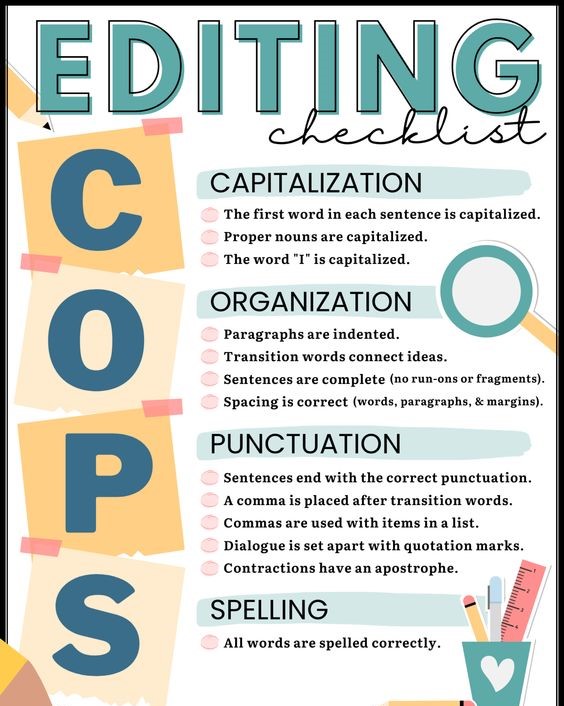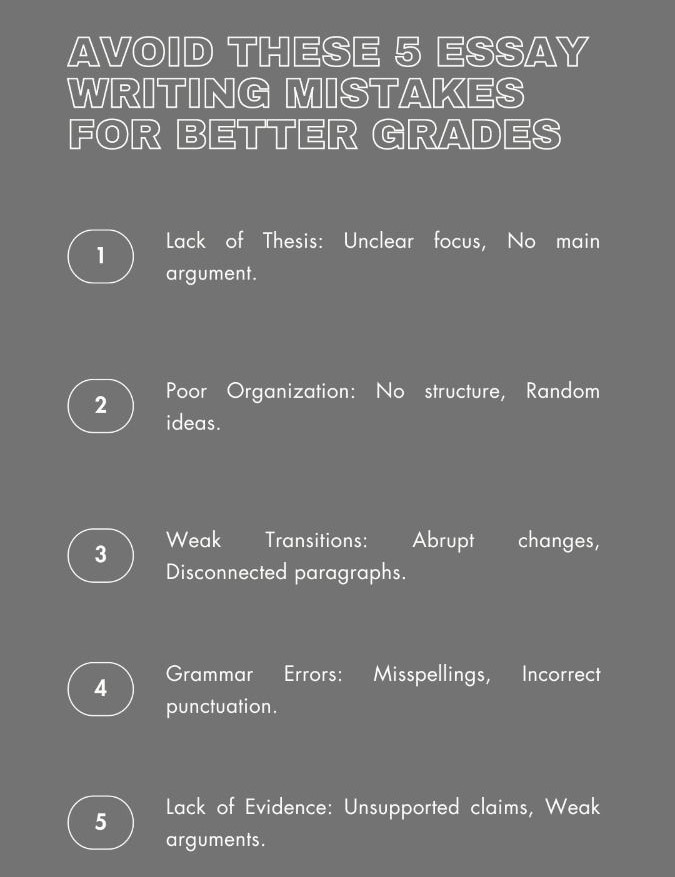
Table of Contents
The emergency room (ER) is a dynamic and demanding environment where nurses play a pivotal role in providing immediate and critical care. If you’re aspiring to be an ER nurse, a well-written essay can showcase your passion, skills, and understanding of this challenging yet rewarding field.
This article will guide you through crafting an impactful emergency room nursing essay that captures the attention of your fellow learners and supervisors.
Strategies for Writing an Impactful Emergency Room Nursing Essay
1. Define Your Purpose and Target Audience:
Before you start writing, take a moment to clarify your essay’s purpose. Are you aiming to showcase your clinical skills, personal experiences, or intellectual curiosity in the field of emergency room nursing? Knowing your audience is crucial. Research the specific requirements of the program you’re applying to and tailor your essay accordingly.
2. Craft a Compelling Narrative:
An emergency room nursing essay shouldn’t be a dry recitation of facts. Instead, weave a compelling narrative that highlights your journey and motivations for pursuing this career path. Your story should be personal and relatable, allowing the reader to connect with your experiences and understand your passion for emergency room nursing. You can review nursing essay samples from established academic websites like PhD Nurse Writer to find out how create an engaging narrative.
3. Choose a Powerful Topic:
Selecting a topic that resonates with your experiences and values is vital. Consider these options:

- A Challenging Patient Encounter: Describe a situation where you faced a complex medical challenge in the ER and how you applied your skills to provide compassionate care.
- The Impact of Trauma: Reflect on how your experiences with trauma patients have shaped your understanding of human resilience and the importance of emotional support in emergency room nursing.
- The Importance of Teamwork: Discuss your appreciation for collaborative teamwork in the ER and how it contributes to optimal patient outcomes.
- The Ethical Dilemmas of Emergency Medicine: Explore a specific ethical dilemma you faced in the ER and how you navigated it based on your ethical principles and professional judgment.
- The Role of Technology in Emergency Care: Discuss the impact of advanced technology on emergency room nursing and its role in improving patient care and efficiency.
4. Use Specific Examples and Anecdotes:
Instead of making broad generalizations, use specific examples and anecdotes to illustrate your points. These can be personal experiences, clinical scenarios, or moments that highlighted your passion for emergency room nursing. For example, instead of stating “I enjoy working with people,” describe a specific instance where you comforted a frightened child or provided emotional support to a grieving family.
5. Show Your Critical Thinking Skills:
Demonstrate your ability to analyze situations, make sound judgments, and adapt to dynamic scenarios. Describe a challenging case you encountered in the ER and how you applied your critical thinking skills to arrive at a solution.
6. Highlight Your Skills and Qualities:
Identify the essential skills and qualities required for emergency room nursing and showcase your strengths in these areas. This can include:
- Clinical Skills: Demonstrate your proficiency in patient assessment, vital sign monitoring, medication administration, wound care, and other essential nursing interventions.
- Communication Skills: Emphasize your ability to communicate effectively with patients, families, and other healthcare professionals in a fast-paced environment.
- Critical Thinking: Show how you analyze complex situations and make informed decisions under pressure.
- Empathy and Compassion: Highlight your genuine desire to care for others and provide emotional support to patients and their families.
- Resilience and Adaptability: Discuss your ability to handle stress, manage challenging situations, and adapt to changing circumstances in the ER.
7. Demonstrate Your Commitment to Continued Learning:
The field of emergency room nursing is constantly evolving. Thus, your emergency room nursing essay should demonstrate your commitment to continuous learning and professional growth. Discuss your interest in pursuing advanced certifications, attending conferences, or participating in research projects.
8. Proofread and Edit:

After completing your essay, take the time to proofread and edit it carefully. Ensure your writing is clear, concise, and free from grammatical errors. It’s also helpful to have a trusted friend or mentor review your essay for clarity and impact.
9. Tailor Your Essay to the Specific Program:
Remember that each nursing program has unique requirements and priorities. Research the specific program you’re applying to and tailor your emergency room nursing essay to address their specific interests and values.
10. Address the “Why ER Nursing?” Question:
Every emergency room nursing essay should answer the core question: “Why are you passionate about pursuing a career in the ER?” Be authentic and genuine in your response.

Here are some additional tips for writing a standout emergency room nursing essay:
- Be honest and authentic: Don’t try to fabricate experiences or present a false image. Admissions committees can spot inauthenticity, so be true to yourself and let your passion shine through.
- Use vivid language: Describe your experiences using vivid language that paints a picture in the reader’s mind. Instead of stating “I enjoy working with people,” describe the specific moments that made you realize your passion for working with patients in a high-stress environment.
- Show, don’t tell: Use concrete examples and anecdotes to illustrate your skills, values, and experiences.
- Stay within the word limit: Adhere to the specified word count for the essay.
- Proofread thoroughly: Ensure that your writing is free of grammatical errors and typos.
- Get feedback from others: Ask trusted friends, family members, or mentors to read your essay and provide feedback.
Examples of Emergency Room Nursing Essay Topics
- “From Fear to Fascination: My Journey to Emergency Room Nursing” – A narrative essay exploring the author’s initial fear of the ER and how it transformed into fascination and a desire to make a difference.
- “The Art of Empathy in the Emergency Department” – An essay discussing the importance of empathy in emergency room nursing and providing examples of how the author practiced empathy with patients.
- “Beyond the Bedside: The Interdisciplinary Nature of Emergency Care” – An essay examining the collaborative nature of emergency room nursing and its role in coordinating care with physicians, nurses, and other healthcare professionals.
- “The Moral Compass of Emergency Medicine: Navigating Ethical Dilemmas” – An essay exploring the ethical complexities of emergency room nursing and how the author navigated a challenging ethical dilemma in their practice.
Common Mistakes in Writing Nursing Essays
Writing an engaging emergency room nursing essay can be a daunting task, especially when you’re trying to showcase your passion, skills, and dedication to the profession. It is easy to make mistakes that can detract from your essay’s impact. Here are some common mistakes to avoid when writing an emergency room nursing essay.
1. Lack of Focus and Clarity:
- Unclear Thesis: Your essay should have a central argument or theme that drives the entire piece. Avoid rambling and ensure your thesis statement clearly states your main point.
- Too Broad of a Topic: Choosing a topic that’s too broad can make your essay feel superficial. Focus on a specific experience, skill, or challenge that illustrates your commitment to nursing.
- Lack of Structure: Your essay should be organized with a clear introduction, body paragraphs, and conclusion. Each paragraph should focus on a single idea that supports your main argument.
2. Generic and Uninspiring Content:
- Clichés and Overused Phrases: Avoid using generic phrases like “I have always wanted to be a nurse” or “Nursing is my calling.” Instead, use specific examples and anecdotes to demonstrate your passion.
- Lack of Personal Connection: Your essay should reflect your unique experiences, values, and motivations for pursuing nursing. Don’t just repeat information found in brochures or websites.
- Ignoring the “Why Nursing?” Question: Your essay should directly address the question of why you are pursuing a career in nursing. Explain your personal reasons, values, and experiences that have led you to this path.
3. Weak Writing and Grammar:
- Poor Grammar and Spelling: Pay close attention to grammar, spelling, and punctuation. Proofread carefully and consider asking a trusted friend or mentor to review your essay for errors.
- Passive Voice: Use active voice whenever possible to make your writing more engaging and direct.
- Lack of Vivid Language: Use descriptive language and strong verbs to paint a clear picture for the reader. Don’t be afraid to use figurative language to add impact to your essay.
4. Over-reliance on Medical Jargon:
- Technical Terminology: While it’s important to demonstrate your knowledge, avoid using excessive medical jargon. Explain complex concepts in a clear and understandable way for a general audience.
- Lack of Context: Don’t assume the reader understands medical terms. Provide context and explanations for technical terminology.
5. Ignoring Program-Specific Requirements:
- Failing to Meet Word Count Limits: Adhere to the specified word count for your emergency room nursing essay. Too short or too long can negatively impact your application.
- Ignoring Specific Instructions: Pay close attention to the essay prompt and any specific instructions provided by the nursing program.
6. Ignoring the Importance of Proofreading:
- Typos and Grammatical Errors: A well-written emergency room nursing essay should be free of typos and grammatical errors. Proofread carefully and have a trusted friend or mentor review your essay before submitting it.
- Lack of Flow and Coherence: Ensure your essay flows smoothly and that the ideas are logically connected.
7. Lack of Originality and Authenticity:
- Plagiarism: Avoid plagiarizing content from other sources. Always cite your sources properly and write in your own voice.
- Exaggerating or Fabricating Experiences: Be honest and authentic in your writing. Admissions committees can often detect fabricated experiences, so be truthful about your journey and motivations.
Pitfalls to Avoid in Specific Nursing Essay Topics
- “Why Nursing?” Essay: Avoid generic answers like “I want to help people.” Focus on specific experiences, values, or skills that have shaped your desire to become a nurse.
- “Patient Care Experience” Essay: Don’t just describe a medical procedure. Focus on your role in providing compassionate care, understanding patient needs, and building rapport.
- “Ethical Dilemma” Essay: Avoid overly simplistic or preachy answers. Show your analytical skills and how you navigated a real ethical challenge.

An emergency room nursing essay is your opportunity to showcase your passion, skills, and commitment to this demanding yet rewarding field. By following these guidelines and focusing on your personal experiences and motivations, you can craft a compelling essay that will captivate admissions committees and help you stand out from the competition. Remember to be authentic, demonstrate your skills and qualities, and express your genuine desire to make a difference in the lives of patients in need.
Custom Emergency Room Nursing Essay Writing Assistance
Writing an engaging emergency room nursing essay is not always an easy feat. But, you can make all the difference with our customized emergency room nursing essay writing assistance. At Nursing Papers, we offer professional essay writing services that will truly elevate your grades and put you on the path to a successful nursing career.







